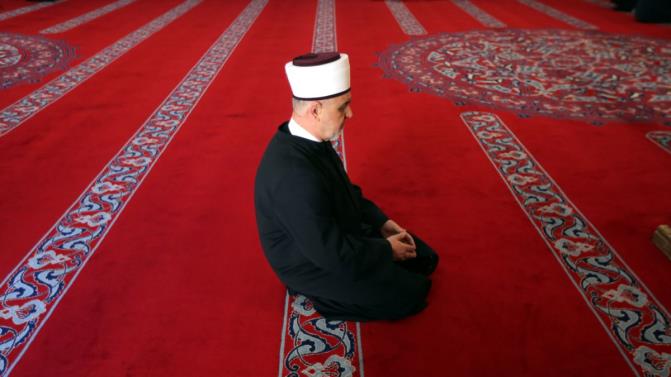
The restriction of various Muslim practices dictated by the coronavirus pandemic may have long-term effects in the Islamic community in Belgium, according to several papers written by scholars associated with the Center for Interdisciplinary Research on Islam in the Contemporary World (Catholic University of Louvain). Not only could congregational prayers no longer take place, and moreover in the sacred month of Ramadan, but a number of important practices were restricted, such as washing the bodies of deceased people and the recitation of communal prayers for them, writes Naïma El Makrini. For those older Muslims who had requested to be buried in their home countries after their death, the crisis made it impossible. This is likely to lead to an acceleration of the already existing trend toward choosing of being buried on European soil.
Islamic institutions also seized on the opportunity provided by the crisis for showing the solidarity of Muslims with the wider society, for instance through giving money for supporting local hospitals, reports Brigitte Maréchal. Islamic institutions in Belgium, like in other European countries, have expressed full support for public health measures, but some individuals were less willing to comply. Ghaliya Djelloul, who has conducted an international survey of contrasting reactions among Muslims, sees differences in how to deal with the pandemic that range across the different religious schools of Islam, also revealing different views on science. Those who express support for the health measures consider service to society as a key guiding orientation and perceive ethical religious principles as harmonious and complementary with scientific expertise. On the opposite, those who are defiant see respect of divine sovereignty and obedience to God’s commandments as paramount, and claim that the believer should fear God, and not the illness—fulfilling one’s religious obligations is the best protection. However, such views disputing medical authorities are in the minority, and seem to be nearly absent in European Muslim circles.
(“Musulmans et islams face à la pandémie et au confinement: Balises et enjeux divers”, CISMOC-CISMODOC, April 2020 – https://cdn.uclouvain.be/groups/cms-editors-cismoc/paper-on-line/cismoc-papers-on-line-avril%202020%20%282%29.pdf)
